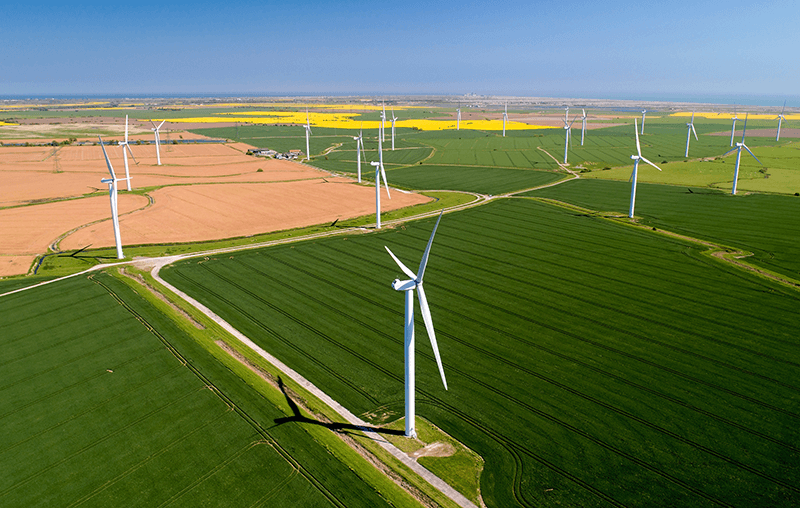Approaches to achieving net zero across the UK

Report by the four Auditors General of the United Kingdom.
Effective working relationships between the UK and devolved governments will be key to achieving net zero by 2050 - given the different net zero targets, carbon budgets and policies across the four nations.
This is highlighted by the UK’s four public audit offices in their report Approaches to achieving net zero across the UK. The publication sets out the UK and devolved governments’ legislation, policy, strategy, governance and monitoring arrangements net zero GHG emissions.
Transport is currently the largest greenhouse gas emitting sector in England and Scotland; whereas in Wales, energy supply contributes the most to emissions, and in Northern Ireland, agriculture is the largest emitting sector.
The different emissions profiles in the four nations have led to them taking a bespoke approach to decarbonising, including through differing combinations of emissions targets and policies, with varying arrangements for specific sectors.
Whilst each of the four nations is taking differing approaches to decarbonising, the report also makes clear that achieving net zero in any one nation depends on UK-level action, and vice versa. It is therefore important to ensure that choices made by each nation - when considered collectively - provide an effective path to achieving UK net zero targets, in addition to those set at a devolved level. This will also help to secure value for money on net zero spending.
For example, UK-wide policy will be critical in defining pathways towards decarbonising heating in buildings, but this will need to be supplemented by action at a devolved level on issues including planning and improving energy efficiency. Interdependencies further arise through financial decisions of the UK government, given they impact the availability of funds in the devolved administrations.





